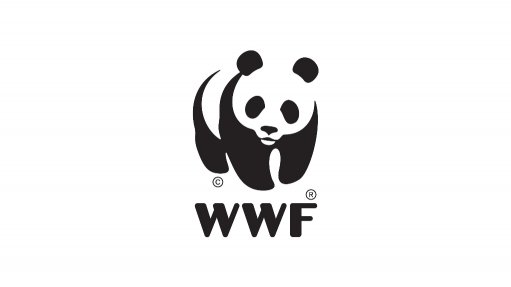
A WWF-commissioned report developed by Dalberg warns that the true cost of plastic on the environment, health and economies can be as much as 10 times higher for low-income countries, even though they consume almost three times less plastic per-capita, than high income ones.
The report estimates that the total lifetime costs of a kilogram of plastic is around US$150 in low- and middle-income countries, which is eight times the US$19/kilogram incurred by high-income countries. When comparing just low-income countries and their wealthier counterparts, the cost differential rises to 10 times with low-income countries hit with costs of US$200 a kilogram.
These unequal costs have substantial implications for low- and middle-income countries like Kenya, where negotiators will converge from 13-19 November for the third negotiations of the global treaty to end plastic pollution. Six years ago, Kenya took a bold step against plastic pollution by banning single-use plastic bags. Today, the country continues to struggle with illegal imports of single-use plastic bags, highlighting the problem’s transboundary nature and the crippling inequities inherent in the current plastics value chain that put countries like Kenya at a disadvantage no matter what bold action they take.
Report by the World Wildlife Fund